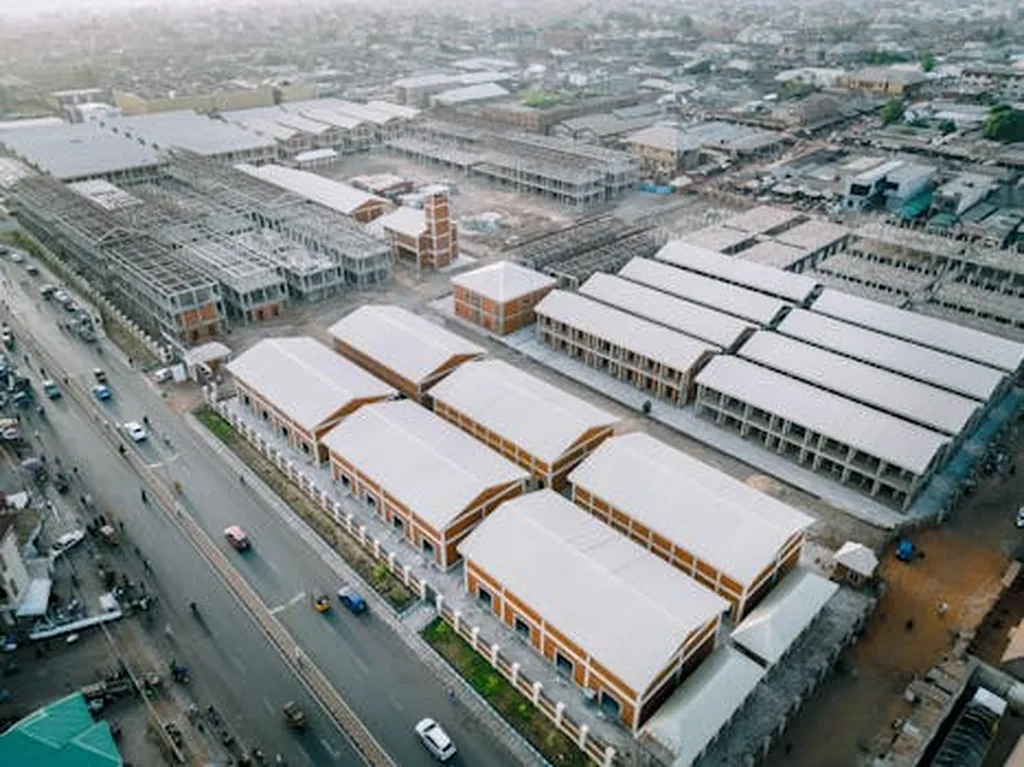The global lodging construction and renovation market is poised for exponential growth, with projections indicating it will expand from USD 659.7 billion in 2025 to USD 1.36 trillion by 2034, at a CAGR of 8.5%. This surge is driven by a convergence of technological innovation, sustainability imperatives, and evolving guest expectations. At the heart of this transformation is the rapid evolution of smart building systems, modular construction, and green technologies, which are redefining how hospitality infrastructure is designed, built, and operated.
The shift towards sustainable and smart lodging is not just a trend but a strategic necessity. As the World Tourism Organization (UNWTO) and leading hotel brands such as IHG, Marriott, and Accor have announced through their “sustainable stays initiative,” the industry is committed to retrofitting over 10,000 legacy hotels with energy-efficient systems by 2030. This initiative underscores a broader market transition from isolated renovation cycles to comprehensive lifecycle planning, which includes asset valuation, environmental impact assessments, and the integration of smart technologies.
Innovation in construction methods is also reshaping the industry. Modular and prefabricated construction models are becoming standard in hotel development, offering faster delivery, reduced costs, and improved quality control. This trend is particularly prevalent in high-growth regions where rapid deployment is critical. Additionally, the integration of IoT, AI-enabled facility management, and digital twin technologies is enabling hotel operators to enhance operational efficiency, personalize guest experiences, and ensure long-term asset longevity.
Sustainability and green certification are no longer optional but are becoming critical differentiators. Certifications like LEED, WELL, and EDGE are now standard benchmarks in project specifications, driven by decarbonization goals, operational cost savings, and consumer demand for sustainable stays. Firms with credentials in LEED AP, Fitwel Ambassador, and WELL AP are increasingly sought after to ensure compliance with ESG regulations and to provide competitive differentiation.
The lodging market is also witnessing a rise in cross-functional project delivery models, where architects, data engineers, sustainability officers, and brand managers collaborate to deliver innovative and sustainable hospitality infrastructure. For example, Hilton Worldwide’s “Smart Build Partner Network” brings together digital construction firms, building analytics providers, and circular economy consultants to accelerate standardized, tech-enabled hotel developments.
Regionally, North America leads in absolute spending, driven by large-scale pipeline investments and franchise-driven renovation programs. In contrast, the Asia-Pacific region is the fastest-growing market, fueled by rapid urbanization, domestic tourism surges, and aggressive national tourism infrastructure targets. Countries like India, Vietnam, and Thailand are prioritizing smart hotel corridors, public-private financing schemes, and green building codes, supported by international investments and technology transfers from global hotel brands.
The market is also witnessing the rise of low-disruption renovation methods and offsite prefabrication, which reduce guest disturbance and property downtime. This trend is particularly important in high-occupancy metro properties, where revenue continuity is paramount. Additionally, government-led tourism infrastructure programs in emerging economies are accelerating hotel construction activity, supported by tax incentives and regulatory easing.
Based on material categories, structural materials dominate the market, accounting for around 35% in 2024. These materials provide the core framework for new developments and large-scale renovations. Building envelope materials, interior finish materials, and MEP (Mechanical, Electrical, and Plumbing) materials and equipment are also critical, with a growing focus on sustainability and smart technologies.
The full-service hotels segment leads the market, with a 35% share in 2024, driven by large-scale redevelopment and brand repositioning efforts. However, limited-service hotels, specialty hotels, and alternative accommodation segments are also experiencing growth, reflecting diverse consumer preferences and market dynamics.
In conclusion, the global lodging construction and renovation market is undergoing a profound transformation, driven by sustainability imperatives, technological innovation, and evolving guest expectations. As the industry continues to grow, the convergence of smart building systems, modular construction, and green technologies will redefine the future of hospitality infrastructure, creating opportunities for innovation and strategic differentiation.

